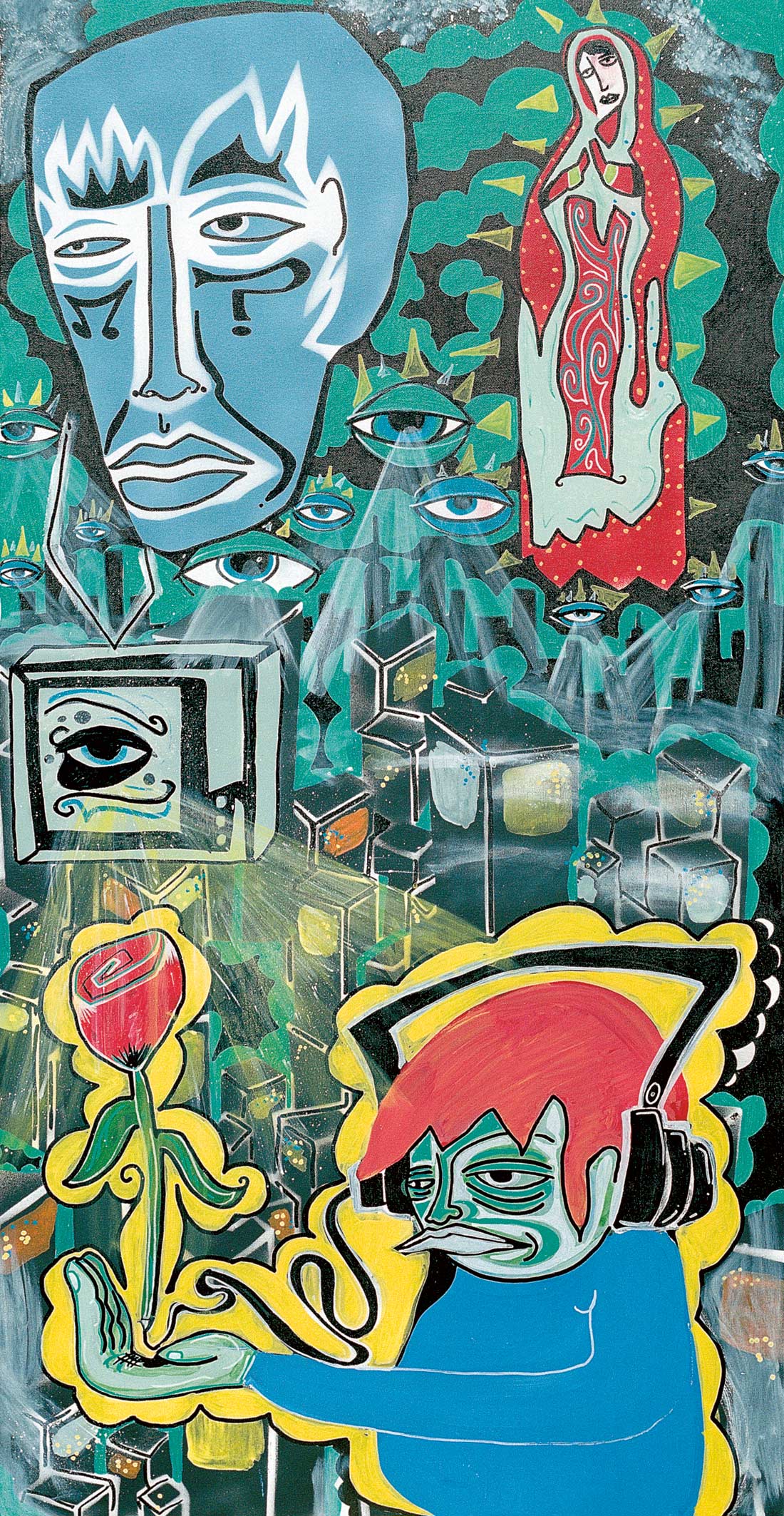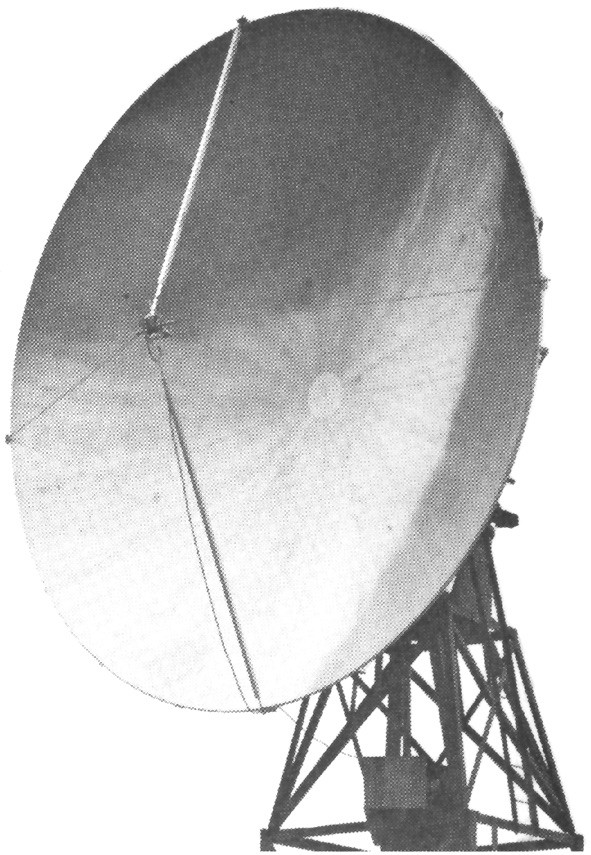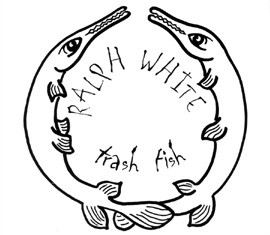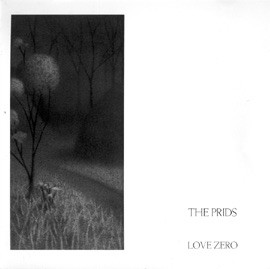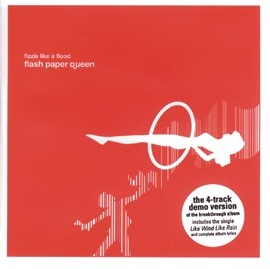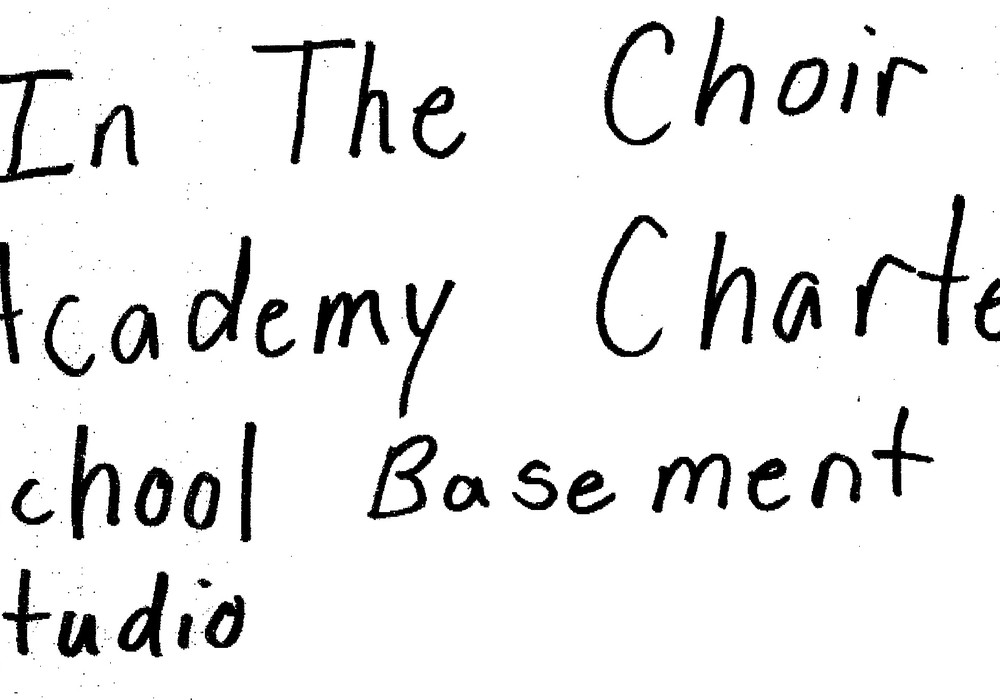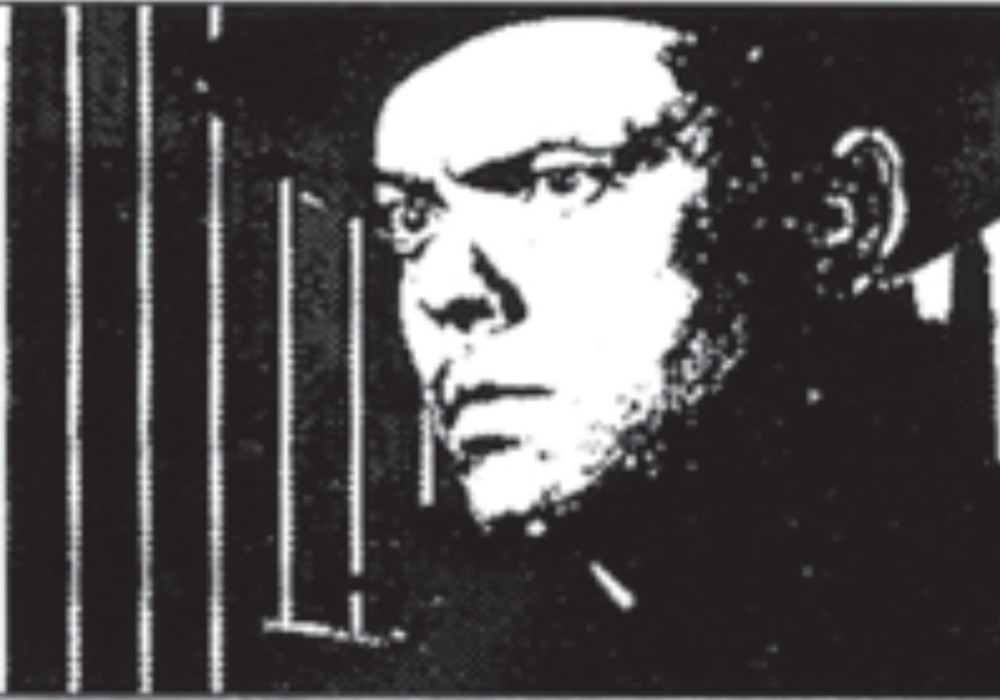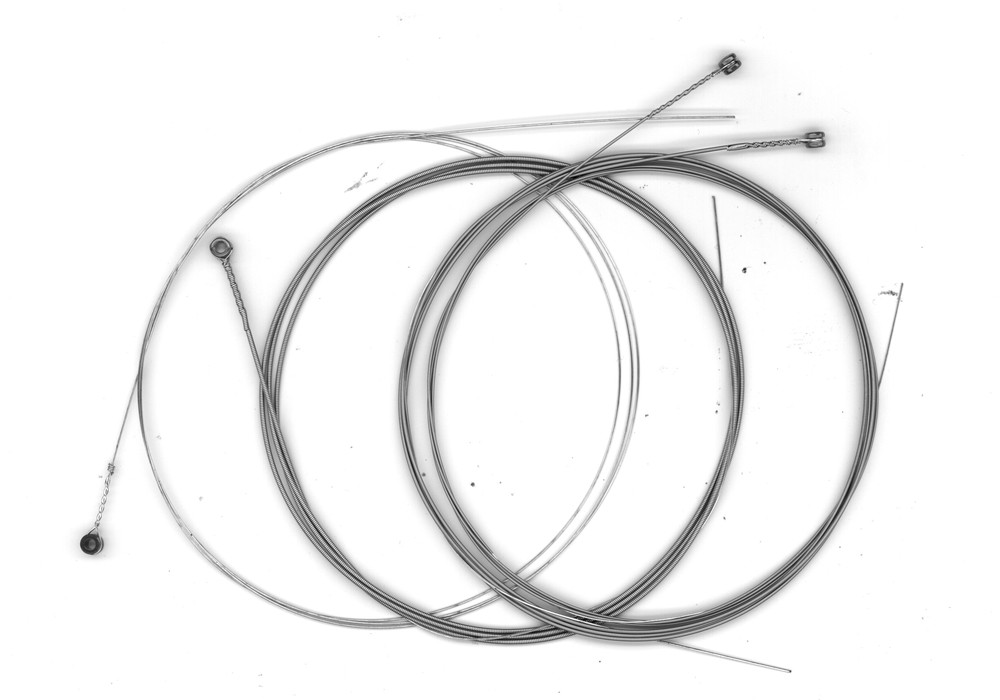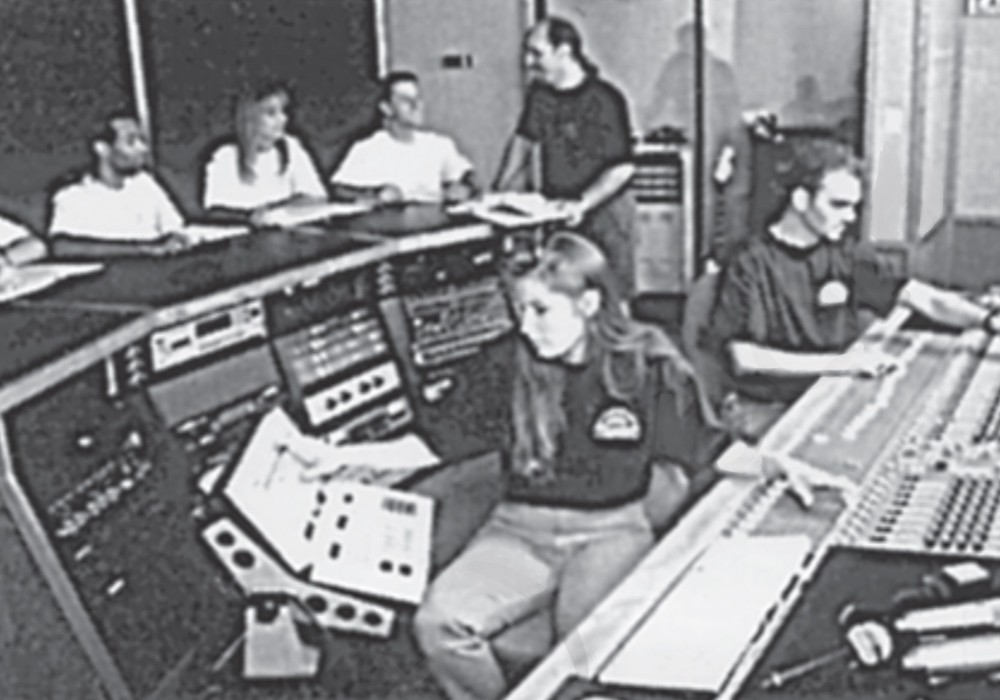Ralph White
Trash Fish (CD)
Ralph White's "new age gutbucket" music takes you to a magical, nostalgic place that is not completely of this world. White, a veteran musician and a founding member of The Bad Livers, combines a fretless 5-string banjo, a fiddle, a button accordion, African and American kalimbas and mbiras, a metal ashtray and a gourd to create folk music that draws from many ethnic traditions, but is something truly unique. White recorded Trash Fish, a collection of originals and traditional tunes, in the shed in his backyard, a 16x22 footstone and cedar room with a vaulted roof, on a Tascam TSR-8. Mics used included an Audio Technica Pro37R, an SM57 and a 58. "The only rule of recording that I was aware of was that I needed to get as much level as possible, which caused me to experiment with mic placement a bit." This included thoughtful mic'ing of some of the more distinctive instruments. "I recorded the mbiras & kalimbas with a SM58 sandwiched between two pillows," says White, "the mbira resting on the upper pillow while being played." On "Whut's The Good In Diggin'?" White augmented the breath-like rhythm of the song by breathing into the Pro37R at a high level, injecting, as a side effect, some interesting clicks. On this tune, and on the rest of Trash Fish, this experimentation yields layers of melody and texture that reveal themselves over multiple listens. "One thing I'm realizing from my home recording adventures," White continues, "is that there are a lot of new sounds to be discovered in simple instruments." Atop the dense but distinct layers, White's breathy, swaying vocal lines at times provide an anchor and at other times dissipate and become part of the soundscape. (www.terminusrecords.com)
The Prids
Love Zero (CD)
The Prids make great, dark guitar and keyboard pop rife with pulsing, danceable beats and wonderfully cathartic, yet restrained, noise freak-outs. While '80s post punk and new wave are obvious touchstones, The Prids tread stylishly into other genres, all the while playing with song structure in cool ways and building up to those aforementioned cathartic moments with an admirable amount of creativity. Love Zero was recorded by the band at their house in Portland on an Akai DPS 16, using a few different preamps (Sytek MPX-4a, dbx 386, and a Focusrite Voice Master) and mics (Oktava MK-219, Shure 57s and Beta 56s, AKG D-112, Beyer M88, Audio Technica 4033). "The basic concept for Love Zero," bassist/vocalist Mistina Keith says, "was not to EQ or compress anything too much. We would just listen to the sounds, capture them as honestly as we could, and then mix it so you get the feel and the point of the song." Recording themselves was not without its challenges. "Being close to the material makes every decision a personal one, which is hard to keep in check," Keith says. "You need to stay objective. A mix that you agree sounds good one day, the next day sounds awful. So you leave it alone, then you come back to it later and suddenly it's good again. So, you realize how much your mood can alter your perception of sound." The band's effort, honest recording of sounds and thoughtful mixing gives these songs a propulsive intensity. (www.luminalrecords.com, www.theprids.com)
Fizzle Like A Flood
Flash Paper Queen [the 4-track demos] (CD)
While Fizzle Like A Flood's previous effort, 2001's Love single, amazed with shimmering orchestrated pop, Flash Paper Queen pulls you in with an intimate 4-track vibe that cuts to the heart of the disc's 11 tunes. Well, make that ten intimately recorded 4-track tunes and one sweeping pop epic. "Like Wind Like Rain", the album's opening piece, is a towering construction of harmonies, keyboards, guitars and more that took a long time (five months, off and on) to complete. "While I was fussing with 'Like Wind Like Rain,' I was recording other things really fast and fun," says Fizzle mastermind Doug Kabourek. "Plus, these...
